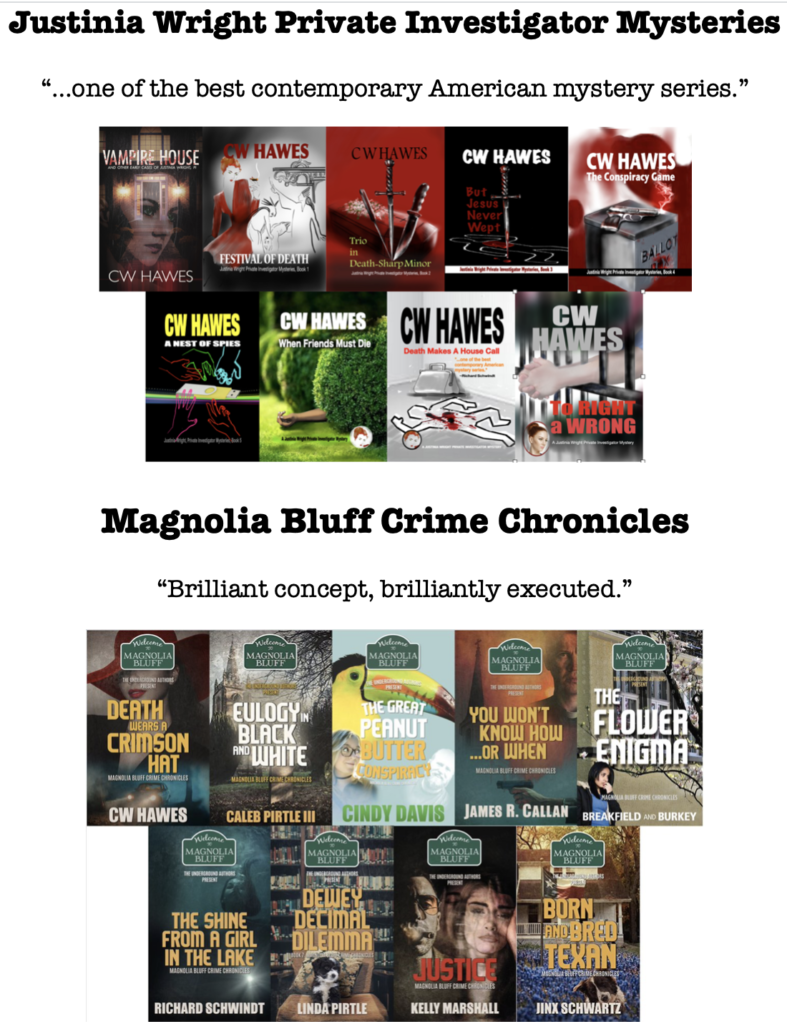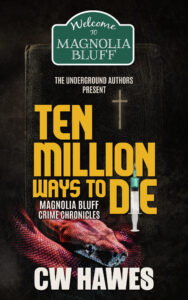Writing isn’t about making money, getting famous, getting dates, getting laid, or making friends. In the end, it’s about enriching the lives of those who read your work, and enriching your own life as well. It’s about getting up, getting well, and getting over. Getting happy, okay? Getting happy.
(Stephen King, in On Writing: A Memoir of the Craft)
One of my favorite inspirational books is Letters to a Young Poet by Rainer Maria Rilke.
However, as with anything written by the human hand, it is not perfect. Because people aren’t perfect.
In the first letter, Rilke tells the young poet
Perhaps you…are called to be an artist. Then take that destiny upon yourself, and bear it, its burden and its greatness, without ever asking yourself what reward might come from outside.
Rilke is saying essentially the same thing as King in the quote with which I began this post.
In a discussion I had with the late Jane Reichhold (who was a premier American writer and translator of haiku), I mentioned that it seemed to me the flaw in Rilke’s advice to the young poet was that Rilke himself was published and famous — and that he was telling the young unpublished poet to not worry about getting published or famous.
Jane’s answer was simply, “And there you have it.”
In other words, it’s easy for the famous and those who are wealthy to tell the rest of us — Don’t worry or concern yourself about fame or wealth.
To my mind, that touches a bit on hypocrisy.
For the record, Jane Reichhold encouraged me to pursue publishing and fame, if I could get it. And there you have it.
Mind you, I don’t disagree with Rilke or King. But I don’t wholly agree with them either. After all, Rilke is one of the most famous Twentieth century poets and King is a multi-millionaire (and he made all his money writing).
Writing is very much about enriching the lives of others. Writing is very much about getting happy. It is also a calling, and if we’re called to it I believe we must follow that calling and not look back.
But for Mr King to write, “Writing isn’t about making money” — when, I repeat, he’s a multi-millionaire — is just a wee bit hypocritical. Keep in mind, he didn’t self-publish his books and give them away. He got a contract with a publisher and made a lot of money.
Nor do I think King is in the majority among those who currently practice, or have in the past practiced, the craft of writing fiction.
I doubt Shakespeare would have agreed with him. Bill wrote for money. I don’t think Nathaniel Hawthorne, or Louisa May Alcott would agree. They wrote for money, especially Alcott — and she made no apologies for doing so.
Anthony Trollope boldly declared his whole purpose in writing was to make money.
Edgar Wallace (he created King Kong) was in the same camp. So was Rex Stout, Edgar Rice Burroughs, Murray Leinster, Ray Bradbury, Robert Heinlein, and my late friend Jack Koblas.
Robert E Howard wanted to be a writer, he told HP Lovecraft, because it gave him freedom. What he didn’t tell Lovecraft was that a large part of that freedom was not having to work 9 to 5 to make money. Because Howard very clearly wrote for a paycheck.
Salinger didn’t like the publicity success brought, but he didn’t turn down the money. He ultimately became a recluse. Writing didn’t make him happy, apparently.
I think King is on the money about enriching lives. The books and stories I remember most are those that in some manner enriched me, usually by bringing me joy. As a reader, I want my books to bring me some manner of joy and happiness. To enrich my life.
As a writer, I want to enrich the lives of others, as well as my own. Very much so.
But I also want money, and I wouldn’t mind a little bit of fame to go along with that money. I want people to read my books and I want them to smile when they see or hear my name. Like I’m an old friend who always brings them a gift.
And I don’t think there’s anything wrong in wanting that either.
Would Shakespeare have written all those plays and enriched generations — if he hadn’t made money? We’ll never know. But he did make money and he kept on writing. That we do know.
Louisa May Alcott’s father, Bronson Alcott, was a thinker and totally inept at providing for his family. Louisa wrote because the family needed to eat and pay the rent. But millions have been enriched by Little Women.
I could go on naming author after author who has enriched our lives. And virtually all of them wrote for money. And I’m glad they did.
In the end, writing is about enriching lives. I’ve enriched a few lives with my poetry. It’s a good feeling. There’s no money in poetry. But there is fame. The poets who are the most successful enrichers, the ones who have the largest readership — are also the ones who are famous to one degree or another. If you can’t be rich, you can at least be famous.
Mr King’s statement is very noble sounding. But it’s as much a fiction as are his books.
As a reader, I want writers to make money. Making money means people are buying their books. Which most likely means they will keep on writing.
Ask yourself, you readers, how many books do you read by writers who don’t sell anything?
I asked myself that question. It started me on a crusade to champion the underdog. Those writers who aren’t getting the readers they deserve.
Today I pretty much eschew bestsellers. Those authors don’t need me. Or you, for that matter. But many excellent writers, whose books aren’t selling, do need you. They need your and my support so they will keep writing and can enrich many, many lives.
Every Monday on Facebook I post the Book of the Week. Singing the praise of an undiscovered gem. Take a look at my Facebook page and discover some very good and even excellent books and authors. Let’s help some writers make money.
Comments are always welcome. And until next time, happy reading!
Share This!

 CW Hawes is a playwright; award-winning poet; and a fictioneer, with a bestselling novel. He’s also an armchair philosopher, political theorist, social commentator, and traveler. He loves a good cup of tea and agrees that everything’s better with pizza.
CW Hawes is a playwright; award-winning poet; and a fictioneer, with a bestselling novel. He’s also an armchair philosopher, political theorist, social commentator, and traveler. He loves a good cup of tea and agrees that everything’s better with pizza.




